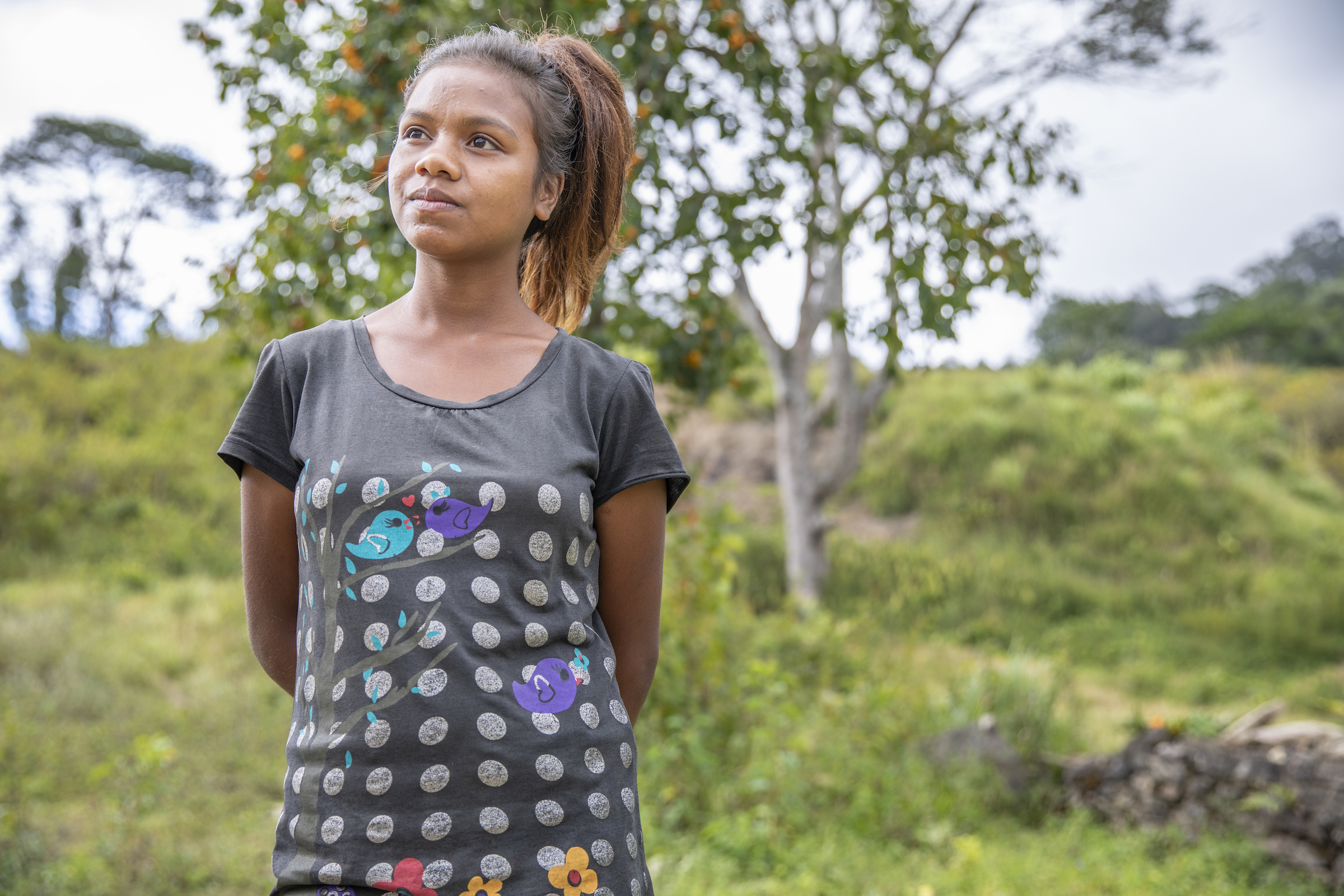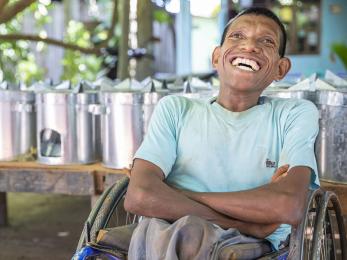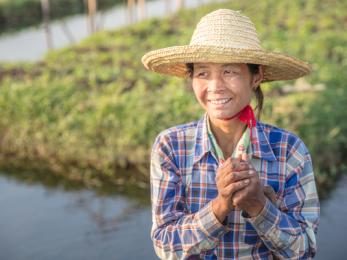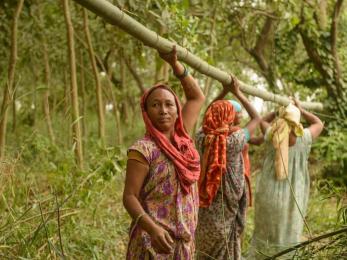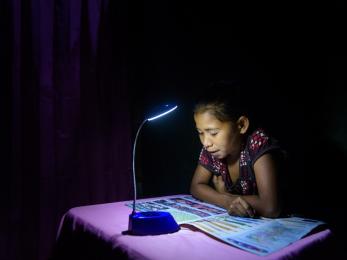Breadcrumb
Timor-Leste
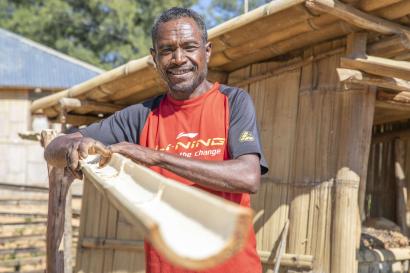
Since 2004, Mercy Corps has been promoting a community-led, market-based approach to addressing the key relief, recovery and resilience challenges alongside the people of Timor-Leste.
The context
Indonesia’s occupation of Timor-Leste from 1975 to 1998 was marked by violence and resulted in large-scale destruction of economic infrastructure. Since gaining independence in 2002, this island nation continues to struggle with extreme poverty and slow rebuilding efforts.
Eighty per cent of the population relies on agriculture for food and income but most families in rural areas can only produce enough food to last for eight months. As a result, levels of chronic malnutrition are extremely high, particularly among children under five. Timor-Leste is also plagued by energy poverty, with only a small percentage of the population having access to electricity.
Our impact
Mercy Corps’ 5-year goal in Timor-Leste:
- 30,000 individuals moving beyond chronic vulnerability, inequality, poverty, and malnutrition (at least 50% women or girls)
- 1,115 groups, businesses, associations, and institutions able to drive inclusive economic growth and resilience nationwide – particularly for the most vulnerable
- 45 at-risk communities disaster ready
Our strategy is built on years of experience supporting development in Timor Leste:
- 2013: Mercy Corps established the Timor-Leste Cook-stove Testing and Knowledge Centere, a first of its kind institution that brought innovation and consumer confidence to the sustainable energy sector across the country
- 2014: Mercy Corps established 26 sustainable energy businesses through which 10,000 products were sold, benefitting 36,000 homes
- 2016: Mercy Corps took a cross-cutting approach to disaster risk reduction, training 5,000 people and engaging 70,000 people in awareness raising activities
- 2017: Mercy Corps reduced post-harvest losses by 80% for two-thirds of rural, food insecure families nationwide - over 338,000 people
- 2019: Mercy Corps reached more than 5,600 individuals with transformative financial services, helping them access savings and loan products
Community-driven, market led change
Timor Leste’s rural communities are still largely disconnected from the key goods and services they need to sustainably advance out of poverty. 36% of Timor Leste’s population faces moderate to severe chronic food insecurity, unable to sufficiently produce or purchase the necessary food for healthy consumption. With limited access to post-harvest handling technologies, food losses remain as high as 30%.
Mercy Corps facilitates a network of Community Development Agents (CDAs) to close these gaps and connect people to the services and products they need to thrive. CDAs are trusted community level entrepreneurs that provide a range of services, from improved seeds and agriculture training to financial services and improved cookstoves.
Building an inclusive, circular economy
Mercy Corps’ Plastics Recycling Programme is a public-private partnership, multi-donor funded programme that aims to make Timor-Leste a ‘plastic neutral’ country whereby unnecessary plastic use is curtailed and replaced, and waste plastic is collected and recycled into locally sought after products. The resulting circular economy for plastics will bring new opportunities for employment and entrepreneurship while improving the natural beauty of Timor-Leste and the health and safety for its people.
Nutrition interventions for a healthy future
Thousands of men, women, and children suffer from chronic malnutrition in the country. Deficient in several key nutrients, 46% of children under five suffer from stunting. Mercy Corps programmes use a mix of market facilitation and behaviour change programming to ensure that increased production of key nutrition-sensitive foods, including tilapia, horticulture, and animal source foods, results in improved home consumption for the nutritionally vulnerable. Reaching more than 1,000 pregnant and lactating women and children under two, as well as and 150,000 farmers, Mercy Corps has helped increase dietary diversity, including consumption of protein-rich fish.
We’re also supporting institutional changes to improve nutrition. With policy and programmatic support, Mercy Corps is increasing access to nutritious school meals by linking farmers to schools, helping more than 30 schools and 12,000 students sustainably access locally sourced, highly nutritious foods.
Disaster prepared, resilient communities
Timor Leste is the 7th most disaster-prone country in the world, with frequent droughts, high winds, landslides, and increasingly variable rainfall. Through savings and loan groups, improved conservation, and other interventions, Mercy Corps helps farmers earn and invest while also reducing future risk of losses. We also strengthen community disaster preparedness by partnering with local leaders to create community responsive disaster management plans, building more resilient communities that can withstand shocks and stresses.
